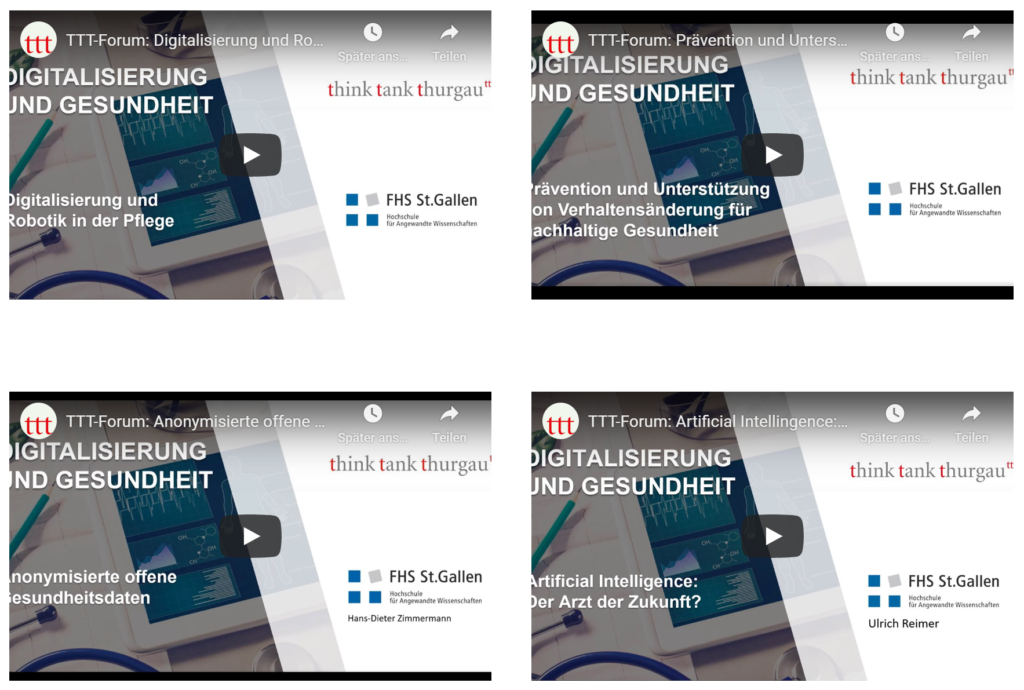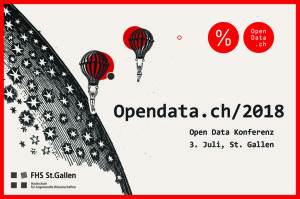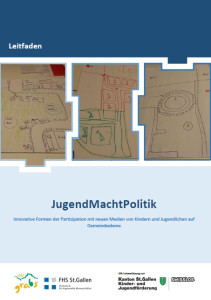Im Rahmen der 32. Bled eConference im Juni 2019 in Bled, Slowenien, wurde zum ersten mal der Special Interest Track ‚Smart Cities, Regions & Communities‚ organisiert. Track Chair war Hans-Dieter Zimmermann, FHS St. Gallen.
Im Rahmen der Konferenz wurden die drei akzeptierten Beiträge präsentiert.
Der erste Beitrag setzt sich mit der Rolle von lokalen Gemeinschaften im Kontext globaler Plattformen anhand des Beispiels von Taxidiensten auseinander, der zweite beschäftigt sich mit der Rolle von Social Media im Rahmen der Interaktion von Bürgerinnen und Bürgern mit der Verwaltung, hier konkret am Beispiel China, und der dritte Beitrag fokussiert auf das Smart Home und diskutiert die Akzeptanz von sog. Smart Locks.
Global service platforms in local markets: case taxi, Jups Heikkilä and Marikka Heikkilä, University of Turku, Finland. (Proceedings pp. 880)
Abstract In this paper we discuss digital platform economy and use theory of Governance of Commons by Elinor Ostrom as a lens through which we look at related problems and social issues, such as tragedy of the commons. We discuss how communities can react to side effects and overgrazing of free, common resources by norms and rules. We illustrate the issue with the opening of taxi service markets to new entrants such as Uber.
Trust, Fear and Social Influence: on the use of Social Media in China’s Aauthoritarian Governance Regime, Vincent Homburg, Erasmus University Rotterdam, DPAS, Netherlands. (Proceedings pp. 222)
Abstract This paper reports on the analysis of results of a survey among Chinese citizens about their intended use of social media to interact with government agencies and associated motivations. Citizens’ use intentions were found to be correlated with citizens’ trust in officials, social influence (peer pressure) and anxiety, but not with trust in government. These results provide building blocks for an explanatory theory of citizens’ use of social media to interact with government, especially in an authoritarian regime like China’s system of public governance. This explanatory theory is consistent with an institutional perspective on technology use, in which use intentions and behaviours are explained by norms, practices and taken-for-granted assumptions, rather than by rational cost-benefit considerations. The paper is concluded with recommendations for comparative research on antecedents of social media in government-citizen relations in various governance systems.
Unlocking the Smart Home: An Examination of Factors Influencing Smart Lock Adoption Intention, Stanislav Mamonov, Montclair State University, United States of America, Raquel Benbunan-Fich, City University of New York, United States of America. (Proceedings pp. 33)
Abstract Smart home technologies are a growing trend, yet little is known about factors that drive their adoption, given the spectrum of potential functional, experiential and esthetic benefits they offer. To address this gap in research, we explore the factorial structure of salient perceived benefits and concerns associated with smart locks, and we examine the effects of the emergent factors on the adoption intention. We find that while potential adopters express a broad range of perceived benefits and concerns associated with smart locks, only the perceived relative advantage of smart locks vis-a-vis conventional locks in providing safety and security is significantly correlated with adoption intention. Our results indicate that this perceived relative advantage is a critical consideration in the adoption of smart home technologies that replace existing solutions.
Alle Beiträge sind in den Proceedings der 32. Bled eConference Online verfügbar. (Proceedings als pdf)










